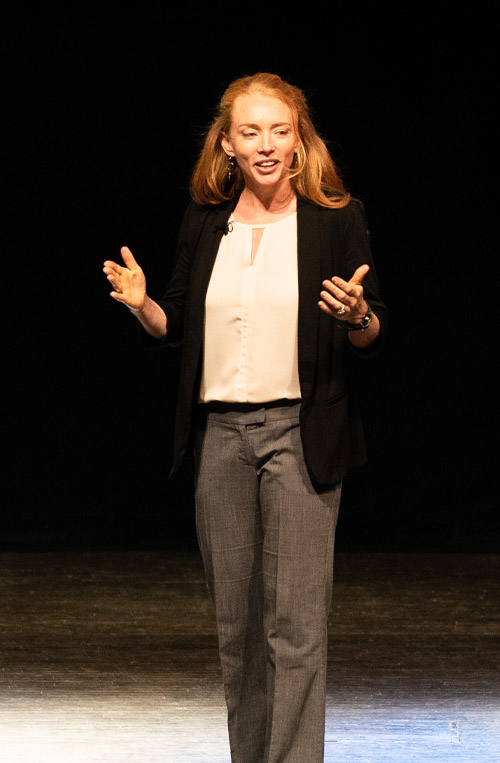Crazy Times, Connected Teams
60-minute virtual keynote for Corporate Events and Associations
Typically when people express fear about burnout, it comes with concerns about the mental health of the individual, perhaps worries about their ability to make good decisions, or stay alert while doing hazardous work. This is all very valid, but it is not the whole picture. We now know from brain scans that burnout dramatically reduces our ability to take in new information. Most people can see how this might impact our ability to innovate or solve complex problems. But usually they don’t realize that it also has a significant impact on our ability to build trust with people who may seem “different” from us. Trust is what allows clients to be honest with their concerns and direct with their needs. It is what gives team members the psychological safety needed to speak up about safety concerns on-site.
In this session, Emily weaves together storytelling, hard data and neuroscience to impart clarity and a sense of urgency as to why we can’t just leave trust up to chance in these stressful times. Participants are shown a key shift in thinking to apply when they manage stressful and almost continuous change.
Participants will walk away with:
- A new way of thinking about diversity and inclusion
- A shared understanding of psychological safety that challenges outdated ideas of DEI work
- Inclusive habits and practice that are easy to apply but have a big impact
.
“Emily was a hit! She grabbed our attention and inspired us
to remove distraction and connect with each offer.”
Techstars




